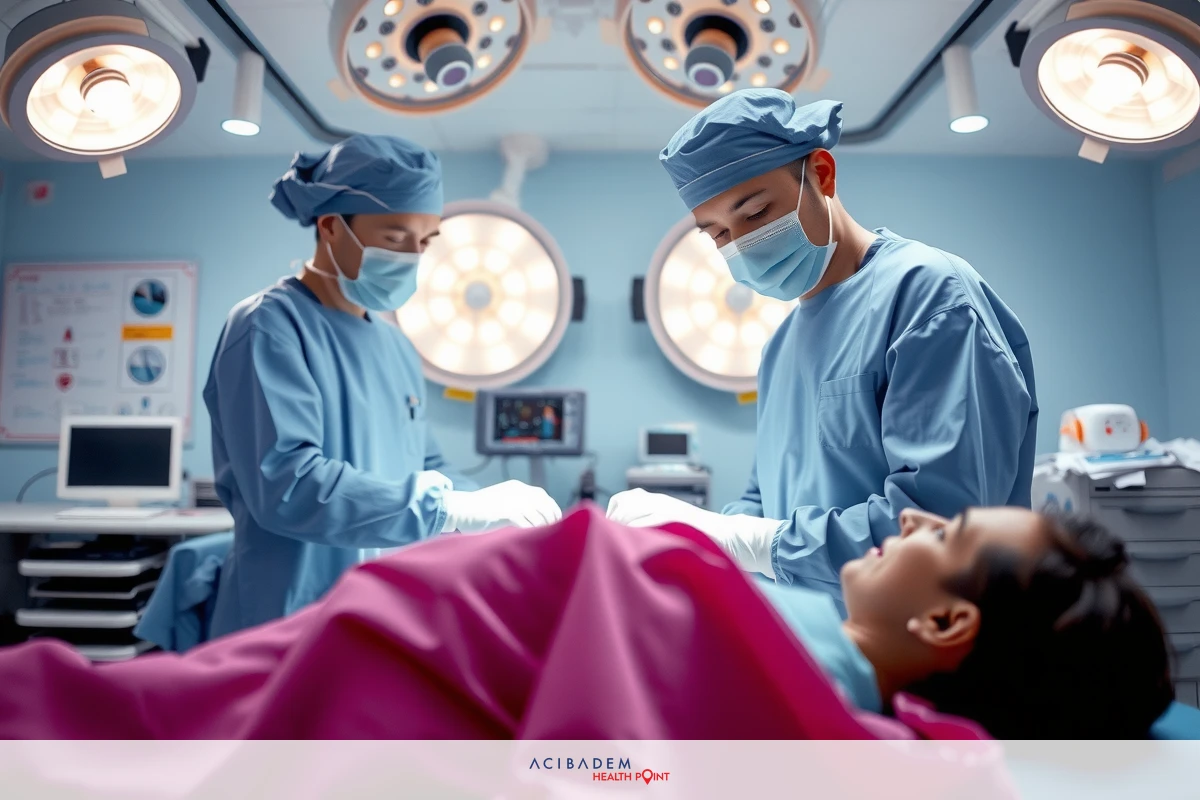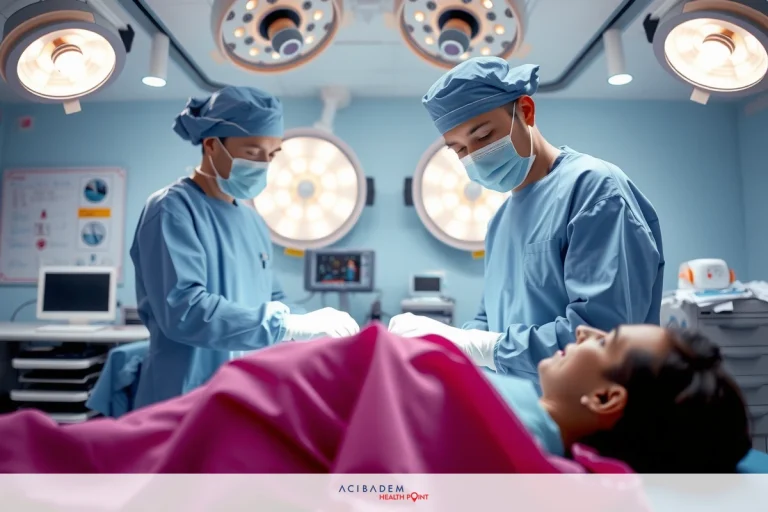Has Anyone Died from Rhinoplasty?
Has Anyone Died from Rhinoplasty? Rhinoplasty, often referred to as a ‘nose job,’ is commonly performed for cosmetic or reconstructive purposes. As with any medical intervention, it carries some degree of risk. The thought of mortality associated with rhinoplasty can be alarming and it’s crucial to have accurate information.
This article will discuss the safety measures in place during rhinoplasty procedures, the outcomes and mortality rates, and address common concerns and misconceptions about the risks. By the end of this article, you’ll have a clearer understanding of the risks associated with rhinoplasty and be able to make an informed decision if considering this option.
Understanding Rhinoplasty Safety
Rhinoplasty is a surgical procedure that involves modification of the nose for cosmetic or medical reasons. As with any surgery, safety is a primary concern and several measures are in place to ensure patient wellbeing during and after the operation. To start with, surgeons performing rhinoplasty are well-trained professionals who have undergone rigorous training and certification. They are equipped with skills to handle emergency situations that may arise during the surgery.
The surgical environment also plays a crucial role in ensuring the safety of rhinoplasty. Patients are carefully monitored throughout the procedure using state-of-the-art equipment. This allows the medical team to quickly respond to any changes in the patient’s condition. Additionally, sterilization procedures are strictly adhered to in order to prevent infections. Prior to surgery, patients are thoroughly assessed for any health conditions that could increase risks associated with anesthesia or the procedure itself.
Surgical precautions are taken to minimize potential complications from rhinoplasty. The surgeon will discuss with the patient about their medical history, current medications, lifestyle habits such as smoking and alcohol consumption as these factors can influence the outcomes of the surgery and recovery process. Risk reduction strategies include quitting smoking, avoiding certain medications, and maintaining a healthy weight prior to surgery.
While risks cannot be completely eliminated, understanding the safety measures involved in rhinoplasty can provide reassurance. It’s important for anyone considering this procedure to consult with experienced professionals who prioritise patient safety and adhere to strict surgical protocols. Being informed about rhinoplasty safety allows individuals to make knowledgeable decisions about their healthcare.
Outcomes and Mortality Rates
In terms of outcomes, rhinoplasty has a high success rate. Many patients are satisfied with the results and experience improvements in their breathing function or appearance. However, it’s important to note that outcomes can vary based on individual factors such as the patient’s overall health, the skill of the surgeon, post-operative care, and adherence to recovery instructions. Therefore, expectations should be set realistically.
Mortality rates associated with rhinoplasty are extremely low. Rhinoplasty is considered a safe procedure, and deaths are rare. However, like any surgical procedure, there are inherent risks involved. These may include adverse reactions to anesthesia, infections, or bleeding. It’s important to remind that these complications are infrequent and often preventable with proper care and precautions.
Research findings indicate that serious complications from rhinoplasty resulting in mortality are
exceptionally rare. Most complications are minor and can be effectively managed if they occur. Factors such as age, pre-existing health conditions, and lifestyle habits can influence individual risk levels. It’s crucial for potential

rhinoplasty candidates to discuss their specific risks and concerns with their surgeon to gain a comprehensive understanding of what the procedure entails. This allows them to make an informed decision about their healthcare.
Common Concerns and Misconceptions
When it comes to rhinoplasty, there’s a lot of misinformation circulating which can lead to unnecessary fears and concerns. This section aims to address some of these common misconceptions about the risks associated with rhinoplasty, particularly focusing on the risk of death. While it’s essential to acknowledge that all surgical procedures carry some level of risk, it’s equally important to separate fact from fiction.
Misconception: Rhinoplasty is a high-risk surgery. Fact: Rhinoplasty is considered a safe surgical procedure with low complication rates. The surgeons performing these procedures are highly skilled and experienced in managing any potential risks.
Concern: I might have an adverse reaction to anesthesia. Fact: Anesthesia-related complications are extremely rare. Prior to surgery, anesthesiologists evaluate patients thoroughly to ensure they are fit for anesthesia.
Misconception: The recovery period is risky and complications are common. Fact: While recovery from rhinoplasty does require care, most patients recover without significant complications. Following post-operative instructions can greatly reduce the risk of complications.
Concern: Rhinoplasty could result in death. Fact: Deaths resulting from rhinoplasty are exceedingly rare. Most risks associated with rhinoplasty are minimal and manageable.
Keeping these points in mind, it’s clear that while risks exist, they are often inflated by common
misconceptions. By understanding the true risks and safety precautions associated with rhinoplasty, potential candidates can make informed decisions based on facts rather than fears.
Frequently Asked Questions
Is there a high risk of mortality associated with rhinoplasty?
No, rhinoplasty is generally considered a safe procedure with a low risk of mortality. Deaths resulting from rhinoplasty are extremely rare and occur in very rare circumstances.
What are some safety concerns to be aware of before undergoing rhinoplasty?
Safety concerns related to rhinoplasty primarily involve the risks associated with anesthesia, such as adverse reactions or complications. However, these risks are carefully managed by experienced anesthesiologists who evaluate patients thoroughly before surgery.
Are there any specific risks I should be aware of after rhinoplasty?
While complications can arise after rhinoplasty, they are generally infrequent. Potential risks include infection, bleeding, or poor healing. These risks can be minimized by strictly following post-operative care instructions provided by your surgeon.
How can I ensure my safety during rhinoplasty?
To ensure your safety during rhinoplasty, it is crucial to choose a board-certified and experienced surgeon who prioritizes patient safety. Additionally, make sure to fully disclose your medical history and follow all pre-operative instructions provided by your surgeon.
What steps can I take to reduce the risks associated with rhinoplasty?
To reduce risks associated with rhinoplasty, it's important to maintain good overall health before the surgery. This includes quitting smoking, avoiding certain medications that can increase bleeding risks, and following any pre-operative dietary or lifestyle recommendations given by your surgeon.











